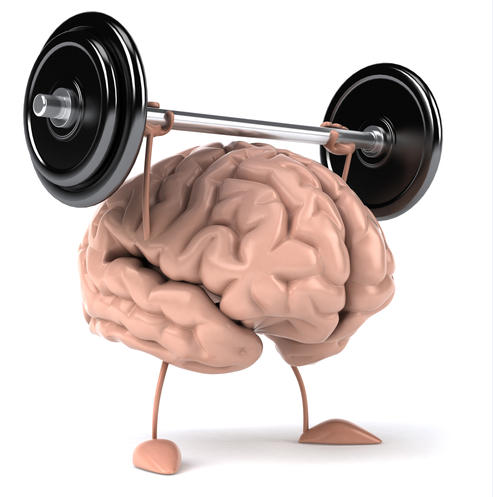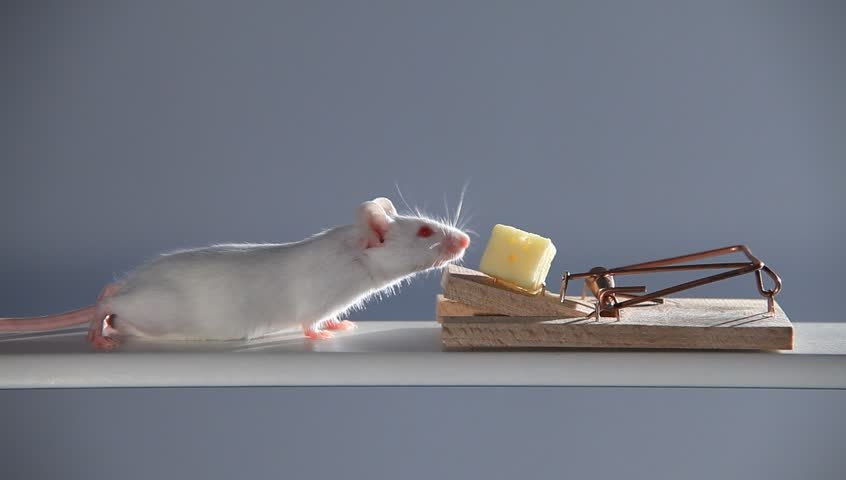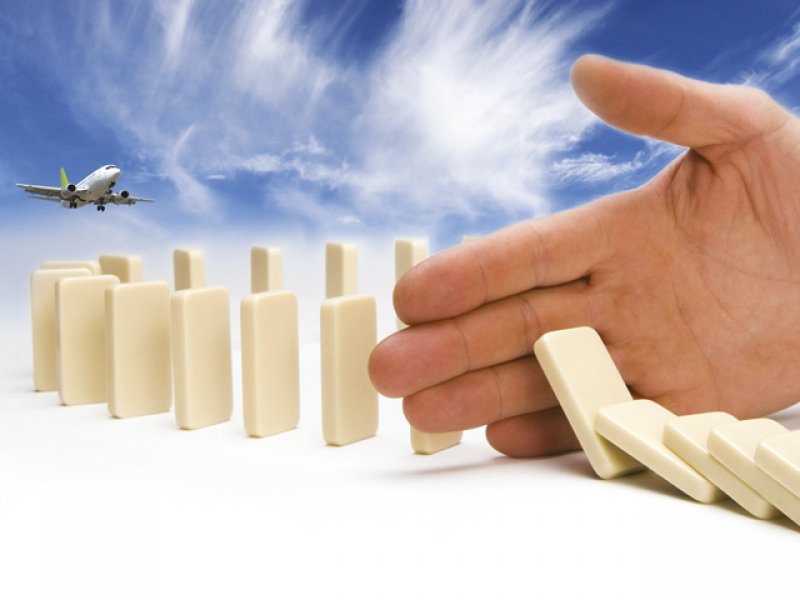
First we must start by saying that intelligence is a direct product of our brains (and not some undetectable metaphysical entity within each one of us), so our responses must be linked in some way to the functioning of our brain.
Likewise, to understand the concept of intelligence we must understand that we are, at the end of the day, simply another link in evolutionary systems. We are just another mammal in a long chain of billions of years.

But what is it and how does the brain work? For the simplest way to respond is by saying that the brain is a machine that recognizes patterns, that recognizes things and reacts to them.
The simplest biological beings, like tadpoles for example, live a "reactionary" life, where their senses get stimuli from the world around them, and these simply react thanks to genetically pre-wired behaviors. So if, for example, a tadpole detects the presence of a predator, it simply flees, and that's it.
A tadpole never, no matter how hard he tries, will be able to write a novel, or understand a painting by Salvador Dalí. Simply because his brain is too simple and lacks the necessary circuits that we possess.
However, something interesting happens with organisms with more complex brains like ours. At some point in our evolutionary process, a genetic change propitiated the concept of a memory.
This memory served so that organisms now did not depend only on simple reflexes to survive, but began to memorize patterns, or in other words, to learn.
That meant that now some organisms a little more complex, say, a mouse, could now learn from a specific event, store that in their memory, and then have the ability to call that memory back when it is in a situation similar to the previous one.

So for example, the mouse maybe found a trap, he could save himself from it, but the trauma of almost losing his life solidified a memory quite strong in his memory about the encounter with the trap. Now, the next time the mouse finds a trap, the very image of the trap will serve as a trigger for the previous memory, making the mouse remember the fact and now try to evade the trap.
So we went from a purely reactionary system, to one that can now react based on past experiences memorized.
But, although the concept and development of a brain memory system was very useful for survival, it still lacked a key component.
Predictability.

It is one thing to remember something and simply try not to do the same thing, but another much more useful is to try to predict what would happen if one does such a thing (and note that for one to predict, it is necessary to have an effective memory, since this serves as a database of actions that one can take at the time of making predictions).

An example with the same mouse would be not only that it tries to evade the trap, but also remembering that the trap is activated by quickly lowering an iron bar that catches the mouse, so if the mouse had a good predictive capacity he might think something like the following:
"Very well, if I press that lever the bar will lower and catch me, but if I put something on the lever, like a pebble, the lever will lower and hit the stone, deactivating the trap, and allowing me to eat the cheese that these “know-all” humans left me as bait".
And that is precisely what beings with more developed brains like octopi, ravens, dolphins, primates, and naturally, humans do ...
It is that ability of one to predict in the future what gives it the greatest capacity for survival, and expression (in the case of humans) to any being that we consider intelligent.
We can say that the more the ability of the being to "see into the future", the higher his level of intelligence.
What good is predictability when it comes to writing a successful novel?
Because it helps you to predict the tastes of people, current fashions, the phrases they will like, the plots that hook, etc. And the same can be said of a painter, or a sculptor, or a photographer, a video game designer.
And in the business world we see this on a daily basis: Visionaries like Henry Ford, Steve Jobs, or even Bill Gates or Mark Zuckerberg, are people who could / can see a little beyond what people see to their noses in day to day. Satoshi Nakamoto is a great example for us too.

Today it is trivial to see the concept of a social network like Facebook, but it took Zuckerberg's vision to imagine and predict what the future would be like in a world with these types of tools. Today, we are seeing a paradigm shift, with concepts like the one here on Steemit where users get rewarded for their content and interaction. This idea was not easy to figure out before, but now that we are seeing it with our own eyes and experienced it on our own flesh, we can certainly see this as something spectacular and achievable.
We can also talk about Henry Ford's vision of perfecting the concept of an assembly plant for his cars, or the vision of Steve Jobs when imagining a world full of iPhones and iPads with touch screens and easy use, and a similar case we can make the founders of Google, Amazon, Netflix and many other legendary companies.
Who are the best software programmers? Not necessarily those who know 10 different programming languages, but those who can create programs they predict will be useful for millions of people, or those who predict that they can create libraries of reusable objects that will be useful to thousands of other programmers, or those who can predict that such boss or such client will like such created solution.
The power of prediction is, in essence, the clearest measure we can obtain objectively on the concept we call "intelligence".
However, something curious about our brain is that it is constantly making predictions, even unconsciously.

For example, when you raise a hand to comb your hair, the brain is literally predicting that if you move your muscles in such a way, they will eventually bring your hand with your comb to your head, and then predict (before your comb touches your hair) the exact place where you will begin to comb your hair, and then predict the sensation you will feel when passing your comb over your hair, etc.
Similarly, when you walk, your brain is predicting where exactly your foot will fall to support your weight, and also predicts that if your body bends in a certain way by lifting your foot off the floor you will maintain balance, etc.
And similarly, when you read the letters of this post, your brain is predicting that on the right side of these letters you will find more letters, so command your eyes to look to the right, to find more letters, and predict that end of a line you will find more letters in a new line, and even predict that this post will eventually end. He even predicts that there will be comments and that you must set a mental alarm to go back and read them.
What do you consider intelligence and why?
Do you think we humans are the greatest example of intelligence? Why?
Another interesting question could be, what does it mean to be alive? And how can a software be considered “alive”? I will leave that for another post folks.
Image Sources
1, 2, 3, 4, 5, 6

The legend of the only female “Pope” in history, “Pope” Joan.
My resolution for 2018: I want to be in the top 10% of Steemit
Sightings from the future: the society that awaits us, with AIs and robots.
